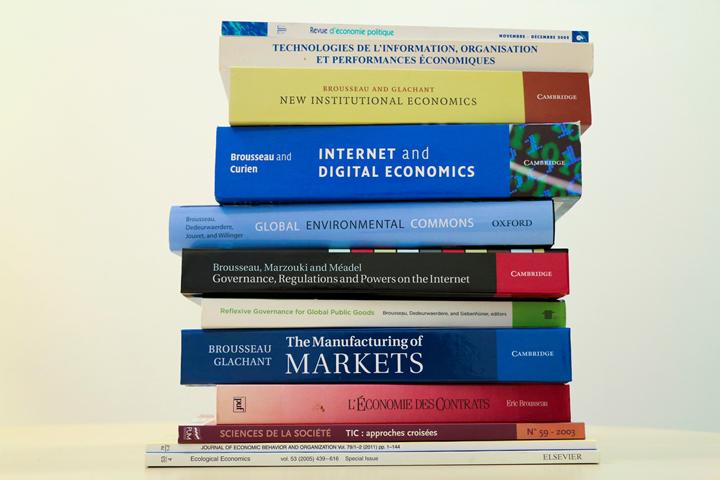Vous êtes ici
Seminar with Jean-Philippe Bonardi
Organised by the Governance and Regulation Chair
SPEAKER :
Jean-Philippe Bonardi (HEC Lausanne)
"Managing reputational risks and the real impact of private politics" - Co-authored with Estefania Amer
A growing literature looks at private politics, i.e. situations in which social or environmental activists target firms through the media in order to obtain a change in corporate practices and in which these firms might respond by investing in corporate social responsibility (CSR) and thus change the way they operate. Results from this literature tend to show some heterogeneity among firms with some self-regulating to avoid reputational damages, while others are more resistant or fight back. The purpose of this paper is to better understand this heterogeneity, in particular by offering an analysis of how firms manage their reputational risks. More specifically, we build on the corporate reputation literature to show that this reputational risk management of reputation has important implications for private politics. First, firms respond to signals in their environment regarding future risks to their reputations; this happens, for instance, when a peer firm is being criticized in the media, pushing others to pre-empt and self- regulate before being under attack. Many firms thus start changing their behaviors much before being directly targeted. Second, and even more importantly, reputations are being made by firms making long-term reputational choices that should impact how these firms respond to private politics. Firms that have not invested much in self-regulation in the past will find it very costly to reach the necessary amount to change their reputation, while firms that have already invested heavily face decreasing marginal returns. Both types of firms are thus unlikely to respond to private politics by self-regulating. The firms that are the most likely to respond are ‘middle-of-the pack’ firms. We find empirical support for these ideas in a sample of 350 British companies over the 2001-2011 period. One key implication of this research is that the real impact of negative public exposure on firms’ CSR practices should thus be not only much higher than previously assumed, but also more localized among certain firms.
Please note that lunch will be provided upon registration only.
